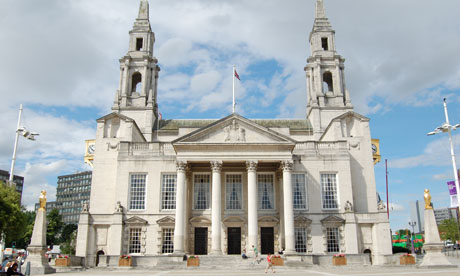
This week Guardian Professional interviewed Nigel Shadbolt on the importance of including local government in the open data revolution. Below are some comments that I added:

Opening up public data held by councils is important, of course, particularly as more and more responsibilities are being devolved to the local level. We are already seeing some examples of good practice by individual councils acting on their own initiative. However if we want to implement the open data agenda consistently across local government that would be easier with central coordination and standards of practice.
I’m not convinced the disparity between local government and central government is any greater than the disparity between individual departments within central government. While the Cabinet Office and Department for Transport have pushed ahead with open data policy, the stance taken by BIS and the Ministry of Justice has frankly been obstructionist.
Local authorities are currently working to a code of recommended practice from the Department for Communities and Government, which puts the emphasis almost entirely on publication of spending and performance data.
With Tory MPs talking about encouraging residents to become an “army of armchair auditors”, it is understandable if some councillors see the Government’s transparency agenda as a politically motivated burden rather than as an opportunity to better inform local citizens.
More progress in central government would improve the potential for open local data. Almost all of the core reference datasets (address data, mapping, environmental data, etc.) are controlled by central government bodies, and these should be our first priority. It will be much easier for councils to open their data once there is a freely accessible national data infrastructure in place.